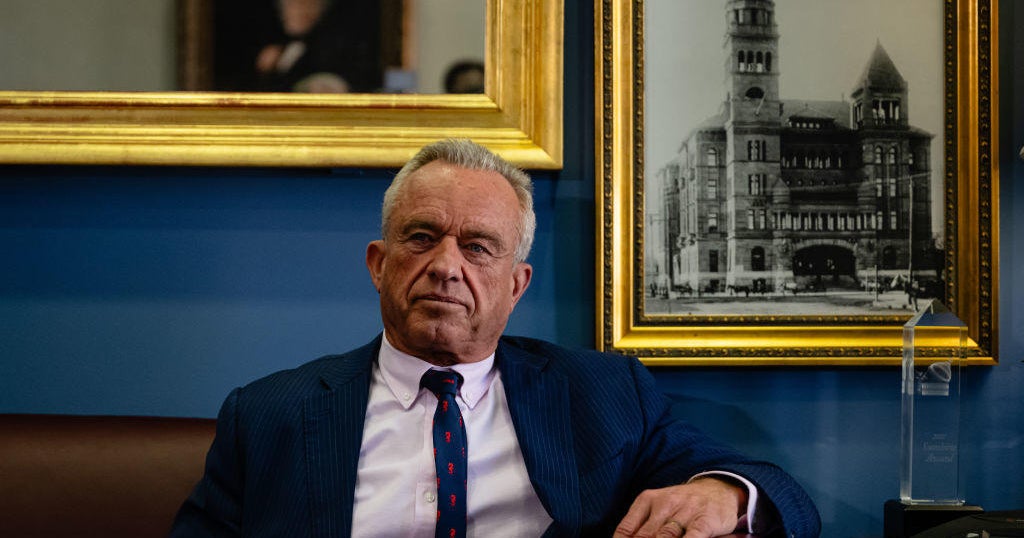On January 28, 2025, Economy Minister Luis Caputo announced a significant reduction in taxes on luxury cars and motorcycles in Argentina. This move aims to lower prices and stimulate demand in a struggling automotive market.
Vehicles priced between ARS 41 million ($39,200) and ARS 75 million ($71,700) will no longer face internal taxes. Those exceeding ARS 75 million ($71,700) will see tax rates drop from 35% to 18%.
The government also plans to eliminate import tariffs on up to 50,000 low-cost electric and hybrid vehicles annually. Motorcycles priced between ARS 15 million ($14,300) and ARS 23 million ($22,000) will also benefit from tax exemptions.
These changes come at a crucial time for Argentina‘s economy. The peso has steadily lost value against the US dollar. On January 27, 2025, the exchange rate reached 1 ARS = 0.0009526 USD, marking an 11.33% decrease over the past six months.
This devaluation has significantly impacted the prices of imported goods, which make up about 70% of the automotive market. Caputo estimates these tax reductions will lead to a 15% to 20% price decrease for affected vehicles.
The automotive industry has long struggled under heavy taxation, with the average tax burden on vehicles reaching 58%. This situation has pushed many consumers to the used car market.
The government’s decision reflects a broader economic strategy under President Javier Milei’s administration. Since taking office, Milei has focused on reducing the fiscal deficit and implementing structural reforms. In January 2025, the government reported its first fiscal surplus in over a decade.
Despite these positive signs, challenges remain. High inflation continues to erode consumer purchasing power, and many households struggle with rising costs. The government must navigate these obstacles while fostering an environment conducive to growth and investment.

 By The Rio Times | Created at 2025-01-28 17:36:39 | Updated at 2025-02-01 02:08:54
3 days ago
By The Rio Times | Created at 2025-01-28 17:36:39 | Updated at 2025-02-01 02:08:54
3 days ago








